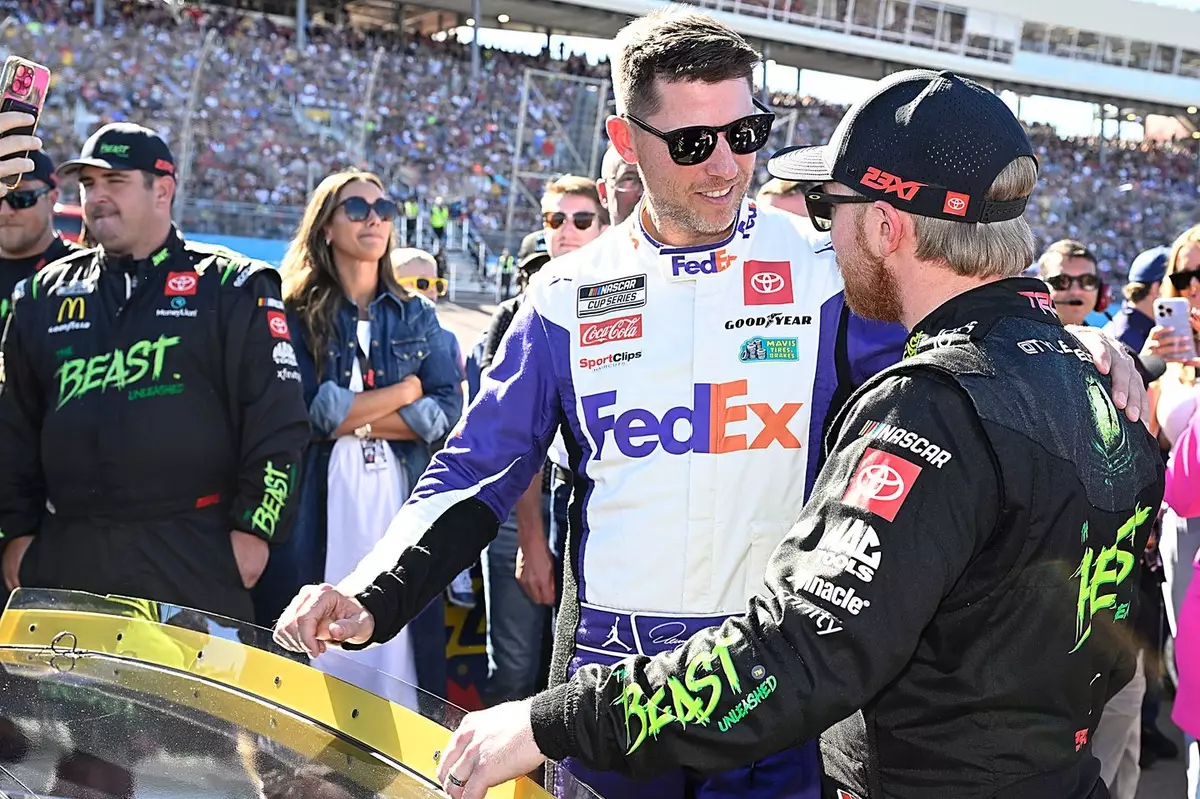The recent court ruling favoring 23XI Racing and Front Row Motorsports (FRM) in their legal dispute with NASCAR has escalated discussions surrounding antitrust concerns in professional motorsport. This unprecedented situation sheds light on the complex dynamics between racing teams and the governing body, particularly the implications of perceived monopolistic practices within NASCAR.
In a legal environment where competition is fierce, the antitrust lawsuit initiated by 23XI Racing and FRM aims to challenge the validity of the 2025 Charter Agreement imposed by NASCAR. This controversy stems from a release clause embedded in the agreement that inhibits teams from filing antitrust claims after signing. The recent preliminary injunction allows both teams to retain their charters while the antitrust court case unfolds—a win for these teams that emphasizes their right to compete fairly and equally in the landscape of premier stock car racing.
The preliminary injunction was not easily granted; both teams had to establish a likelihood of success on the merits of their case and demonstrate potential irreparable harm if the injunction was not awarded. The initial court proceedings had found gaps in their arguments, particularly regarding the notion of imminent harm. However, in this latest round, with Judge Kenneth D. Bell presiding, the narrative shifted dramatically, indicating that the teams faced significant immediate risk if they were rendered chartersless.
As a result of this ruling, both teams are poised to make aggressive moves. 23XI Racing is set to introduce a third race car, an initiative backed by the acquisition of an additional charter from the now-defunct Stewart-Haas Racing. This speaks volumes about the aspirations within the organization, particularly with the selection of rising star Riley Herbst as their new driver. On the other hand, FRM appears to be on a similar trajectory, bringing in Zane Smith to solidify their third team position, if circumstances allow.
This ruling not only secures the future operations of 23XI and FRM but also raises questions about their competitors. The decisions made by NASCAR in response to this legal battle could cause varying ripples across team operations, sponsor engagements, and driver contracts. Teams may now feel emboldened to challenge the status quo that has dominated the racing industry for years.
NASCAR’s Monopoly: An Ongoing Concern
A pivotal finding in the court’s ruling is the acknowledgment that NASCAR possesses monopoly power within the premier market for stock car racing teams in the United States. This is an extraordinarily significant declaration that could set the stage for broader discussions on market competition, player rights, and commercial practices. By noting that alternative racing formats like Formula 1 and IndyCar are not comparable competitors, the court is signaling the unique position NASCAR holds in the racing world.
For years, numerous stakeholders within the sport have murmured about NASCAR’s unilateral control over team viability and entry into competitions. This ruling has lent weight to those accusations of monopolistic behavior. The legal acknowledgment of this market control could embolden other teams or stakeholders to express grievances or initiate further legal recourse, aiming to redefine the competitive landscape.
With NASCAR poised to possibly appeal this recent ruling, the winds of change are swirling in the racing community. The outcome of this case carries significant implications not only for 23XI Racing and Front Row Motorsports but for the broader ecosystem of NASCAR franchise teams. Negotiations regarding charters and contractual obligations are set to evolve, offering potential new standards for how racing agreements are structured moving forward.
As the clock ticks toward the 2025 season, with increased scrutiny on NASCAR’s business practices, the future of stock car racing hangs delicately in the balance. The results of the ongoing case could very well dictate the terms of engagement for all teams involved, influencing everything from team expansions to driver contracts. The forthcoming months will be crucial in determining whether this legal victory will catalyze a culture of transparency and equity within NASCAR or if traditional practices will remain entrenched, leaving the complexities of competitive landscape unresolved.

